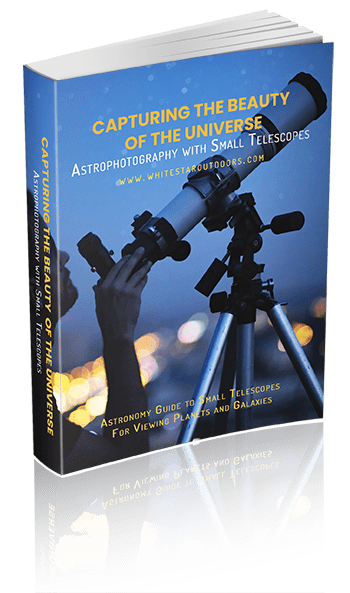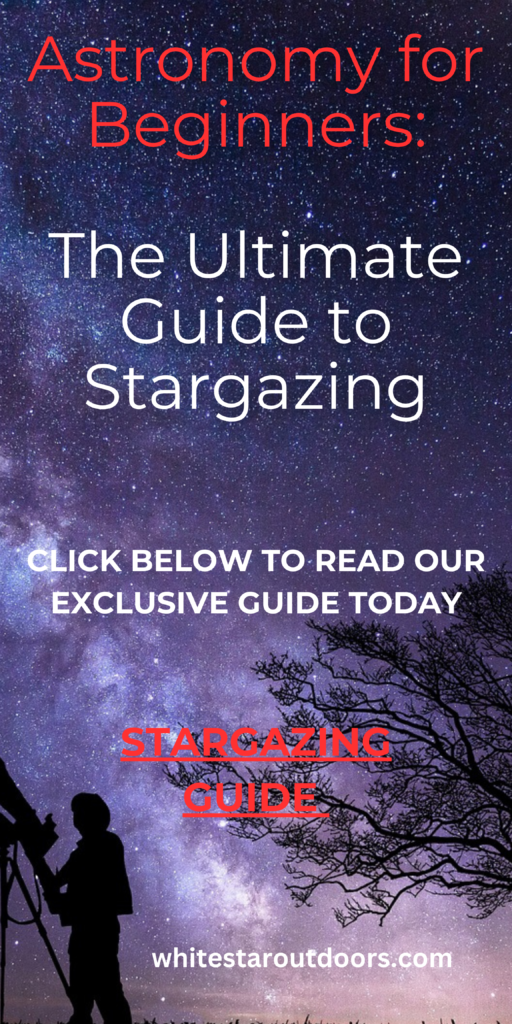For emerging astronomers and astrophotographers, several telescopes offer a good balance of performance, affordability, and ease of use. Here are some popular options:
-
Celestron NexStar 5SE:
This computerized telescope combines ease of use with good optics. It provides a 5-inch aperture, which is suitable for both visual observation and basic astrophotography. The GoTo mount allows for automated object tracking.
-
Orion StarBlast 6 Astro Reflector:
This tabletop reflector telescope offers a larger 6-inch aperture, providing brighter and more detailed views of celestial objects. It is portable, easy to set up, and offers good value for money.
-
Sky-Watcher Star Adventurer Pro Pack:
This versatile and portable tracking mount is designed specifically for astrophotography. It can be paired with a DSLR camera, a wide-angle lens, or a small telescope to capture long-exposure night sky images.
-
Meade Instruments Infinity 102mm AZ Refractor:
This refractor telescope features a 4-inch aperture suitable for beginner astronomers and astrophotographers. It comes with an altazimuth mount, making navigating the night sky easy.
-
Explore Scientific FirstLight AR102mm Refractor:
This compact refractor telescope offers a 4-inch aperture and a smartphone adapter, making it suitable for capturing basic astrophotography using your smartphone.
Astrophotography often requires additional equipment, such as a stable mount, camera adapters, and various accessories. When choosing a telescope, it’s essential to consider your budget, interests, and specific goals.
Also, remember that you may eventually want to upgrade to more advanced equipment as you progress in your astrophotography journey. It’s a good idea to research and explore the various options available within your budget to find the best fit for your needs.

Deep Space Telescope for Observing Celestial Bodies, Galaxies, and Constellations
Several options are available if you’re looking for a deep space telescope capable of observing celestial bodies, galaxies, and constellations. Here are a few notable telescopes that are popular for deep-space observations the emerging astronomers will enjoy:
-
Celestron EdgeHD 1100:
This Schmidt-Cassegrain telescope (SCT) offers an 11-inch aperture, which provides excellent light-gathering capabilities for deep space observations. Its advanced optics, and large aperture make it suitable for capturing fine details in galaxies and nebulae.
-
Meade LX200-ACF:
This Schmidt-Cassegrain telescope series has various apertures, including 8-inch, 10-inch, and 12-inch options. The LX200-ACF models feature Meade’s Advanced Coma-Free (ACF) optical system, providing sharp, high-contrast views of celestial objects.
-
Explore Scientific ED127 Essential Series:
This apochromatic refractor telescope has a 5-inch aperture and superb image quality with minimal chromatic aberration. It is well-suited for wide-field deep space observations, capturing galaxies and nebulae with excellent clarity.
-
Orion SkyQuest XT10g:
This Dobsonian telescope features a 10-inch aperture and GoTo capabilities. It combines a sizeable light-gathering mirror with motorized tracking, making locating and observing deep-space objects easier.
-
Takahashi FSQ-106EDX IV:
This apochromatic refractor telescope is known for its exceptional optics and color correction. With a 4-inch aperture, it delivers stunning views of deep-space objects and is highly regarded among astrophotographers.
Range of Options
These telescopes represent a range of options with different designs and features for emerging astronomers. The choice ultimately depends on your budget, preferred observing style (visual or astrophotography), and specific requirements. It’s recommended to research and compare telescopes, considering factors such as aperture size, optical quality, portability, and compatibility with accessories for astrophotography if that interests you.





